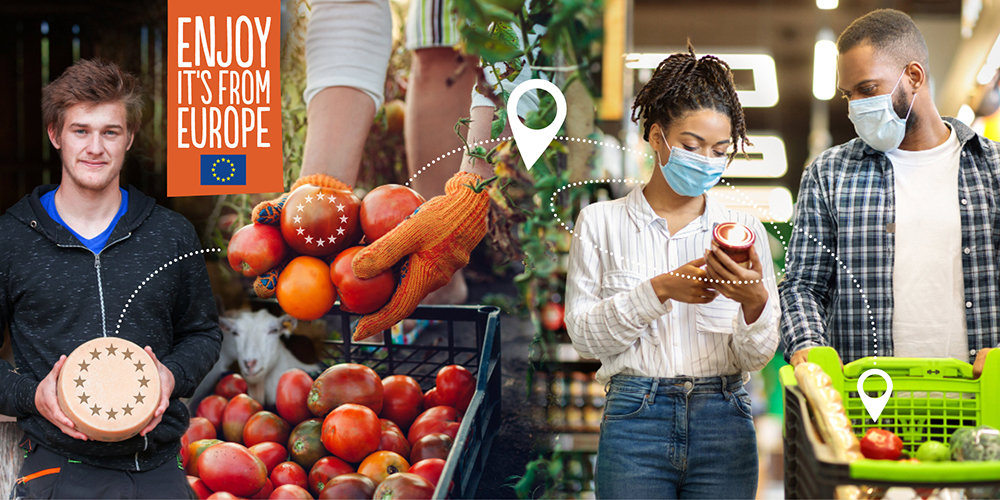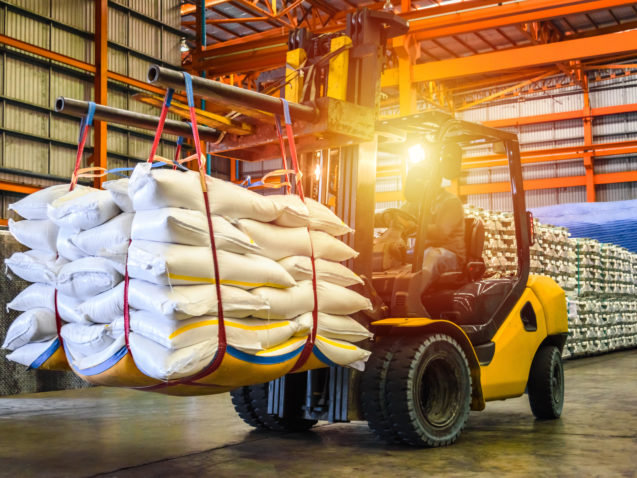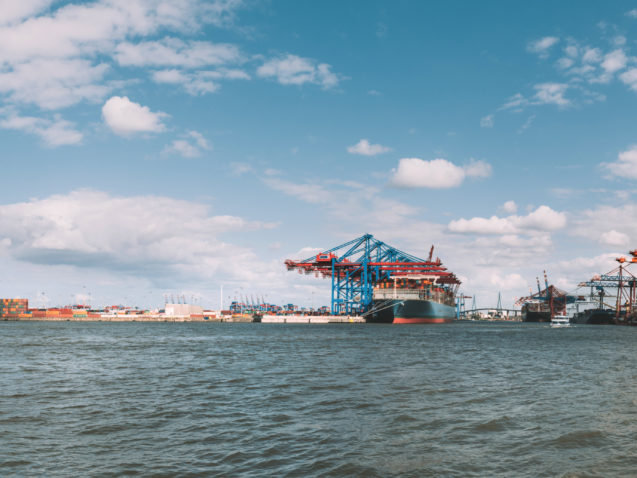As part of our #FoodFuture project we’re asking how we can deliver truly sustainable food systems. We’re listening to farmers, consumers, policymakers, businesses, NGOs, academics and others. By listening and working together, we will create a better future. This month we’re looking at the EU’s Promotion Policy and we asked Nathalie Sauze-Vandevyver (Director of Quality, Research & Innovation, Outreach, DG AGRI) from the European Commission to tell us more.
Food is what brings friends and families together, it is a pleasure and a shared experience with a diverse and rich history across Europe.
We are privileged in Europe to not only have food security and very high food safety standards but also a truly amazing and diverse range of high-quality food products, including an increased variety of organic foodstuffs. Europe is also rightly famous for its many geographical indications that protect our rich heritage. I try to make a point of looking out for geographical indications when I shop and regularly make delicious discoveries. The variety and excellence of our products is a key factor to the success in the export markets of the EU’s agri-food sector, with many family-run and often very enterprising SMEs.
The EU promotion policy’s role is to support the competitiveness of the agri-food sector. The reformed promotion policy has been in force effectively since 2015. Up until now, it has financed 332 information and promotion programmes with a total EU contribution of almost €472m. Additionally, the Commission has committed €9.5m every year to its own initiatives, providing additional visibility to EU agri-food products on international markets as well as broadening the recognition of EU’s food safety and quality standards. With this considerable financial clout, the EU has been supporting the European producers working to sell their products on an increasingly competitive global marketplace and inside the bloc.
The external evaluation of the policy, completed in 2020, found that the policy had a broadly positive effect. It contributes effectively to its general objectives of raising the awareness and the profile of EU products, quality schemes and production standards, particularly for non-EU markets with the highest growth potential. The policy’s objectives and activities were found to be relevant and have a clear EU added-value.
Nevertheless, the evaluation concluded that there is scope to increase the coherence with other policies. In particular, the policy can support the transition towards a more sustainable EU agricultural sector. The evaluation also found that the management of the policy could be simplified and increased knowledge-sharing could lead to efficiency gains.
The promotion policy is currently undergoing a review with the objective to examine how the promotion policy can:
- support the transition to a more sustainable agriculture,
- contribute to delivering on the objectives of the Green deal, the farm to fork strategy and the Europe’s beating cancer plan,
- help position EU agri-food and the EU food system as a global reference for sustainability.
This ambitious policy outlook no doubt merits contributions from all stakeholders benefiting from and having interest in the promotion policy. This is why the Commission set up a public consultation, open until 23 June, to be followed by an online conference open to all stakeholders, on 12-13 July. The Commission is welcoming all views that can contribute to the upcoming impact assessment and a possible legislative proposal in 2022.
In my experience, the EU promotion policy is not only about outstanding food and beverage products. It is really about the people who grow, craft and perfect these foods and drinks, and then work hard to find markets for them. I have had the honour to meet many of them in business delegations accompanying the Commissioner’s high -level missions to key export markets. I have been truly pleased to learn that they see the promotion policy as an important tool to boost the competitiveness of the EU agri-food sector.





